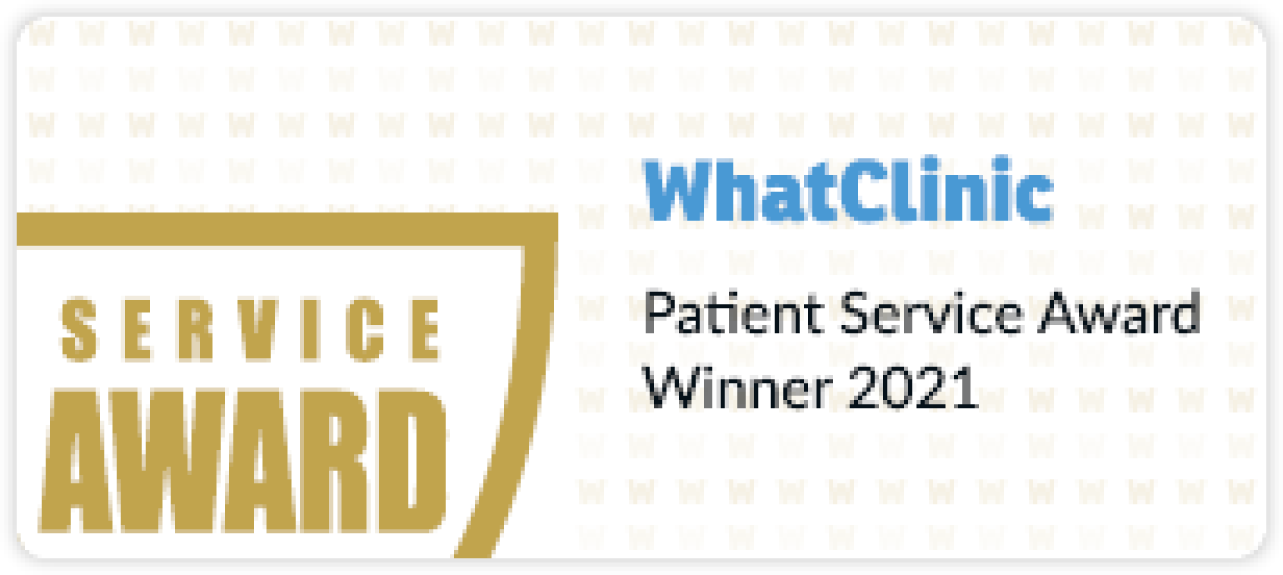09 Nov Free Guide to the Best Treatments for Orofacial Pain
Orofacial pain refers to any pain that affects the face, mouth, jaws, and associated regions. This debilitating condition has various causes. It may occur due to disorders of the nervous system or diseases of face and mouth structures. Orofacial pain impacts the quality of life of the affected persons significantly. Treating the condition involves managing the pain using a multi-disciplinary approach. Below is an overview of treatments for orofacial pain options available today.
Pharmacological Management for treatments for orofacial pain
Doctors use different types of medications pharmacologically to manage orofacial pain. It’s the most common treatment method and depends on the diagnosis of the underlying cause of the pain. The different classes of drugs doctors use to treat orofacial pain include:
- Anti-inflammatory drugs(NSAIDs) – ibuprofen and naproxen
- Muscle relaxants – relieve muscle tension and pain associated with jaw disorders
- Anticonvulsants – for pain caused by nervous system disorders
- Local anesthetics
- Analgesics
- Triptans
- Antidepressants
- Reuptake inhibitors
Doctors may also administer various injections as part of the pain management plan. The injections depend on the diagnosis and needs of the patient. These injections may include TMJ injections, corticosteroids, trigger point injections, nerve blocks, and neurotoxin injections (botulinum toxin). Doctors may also use devices called Oral Appliances (OAs) to alleviate pain caused by jaw disorders.
Physical Therapy for treatments for orofacial pain
Applying moist cold and heat compresses has proven to be beneficial for relieving orofacial pain. Alternating these therapies stimulates muscle relaxation and analgesia, in addition to improving movement in affected areas.
Physical therapy also helps reduce inflammation and promotes the repair and normal function of orofacial muscles. It also reduces activity in muscle trigger points.
All these beneficial effects go a long way in reducing orofacial pain. Physical therapists also indicate various exercises and stretches. These exercises, such as the N-stretch and head tilts, help reduce orofacial pain arising from muscle disorders.
Psychological Management
Psychological management is usually part of a holistic orofacial pain treatment plan. It has proven to be effective against the condition and improves treatment outcomes. Cognitive behavioral therapy (CBT), for example, helps with pain relief and reduces the psychological suffering of individuals.
It helps patients recognize and change negative thought patterns. It also helps promote beneficial behaviors and reduce unhelpful ones. The goal of CBT is to promote physical, occupational, and social activities while addressing anxiety, mood changes, and sleep disorders.
Patients who undergo CBT show improvements in pain relief, discomfort, and coping. Other notable psychological management options include acceptance and commitment therapy. This treatment helps patients cope with chronic orofacial pain and related mental health issues.
Lifestyle-based Management
While medical orofacial pain treatment can help manage the condition, lifestyle-based approaches also improve symptoms and patient well-being. These approaches include stress management, regular physical exercise, proper diet, quality sleep, and maintaining posture.
Stress usually worsens chronic orofacial pain. As such, managing stress levels using techniques like mindfulness, meditation, and breathing exercises is a crucial part of pain management. Regular physical exercise helps reduce stress and improve overall well-being.
Conclusion in case of orofacial pain treatment
Supporting these measures with a healthy and balanced diet and quality sleep can help alleviate the symptoms of orofacial pain. Clinicians also advise patients to maintain proper posture. Poor posture places strain on facial and neck muscles and may lead to orofacial pain.
Overall, orofacial pain is a common and complex condition. Orofacial pain treatment typically entails a multi-disciplinary and holistic approach involving medications, physical and psychological therapy, lifestyle changes, and alternative therapies. With proper management and ongoing support, many people with orofacial pain experience significant improvements in symptoms and well-being.
If you are interested in getting dental treatment in Budapest, Hungary, just contact us here: CONTACT
We will come back to you in maximum 24 hours!








No Comments